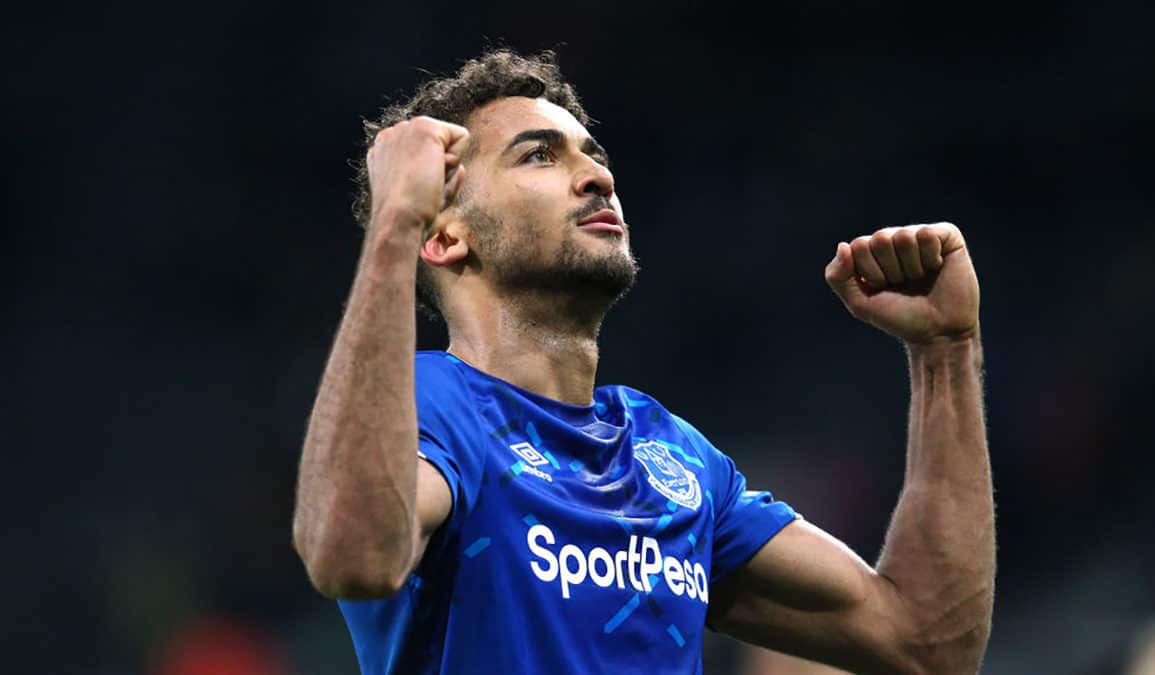In the short-term, results driven-world of the English top-flight, patience has become the rarest of commodities. The window provided to new players is often brutal in its brevity.
Although this problem afflicts bigger clubs to a greater extent than smaller ones, it is nevertheless a truism of the Premier League that failure to hit the ground running can prove ruinous to a player’s chances of succeeding.
This is particularly true of young players as they try to establish themselves in the first team. All too often, their inability to quickly transfer youthful promise into the qualities necessary to compete at a senior level means that their progress is checked, an outcome that can ultimately spell the end of their journey with the club.
Free from hefty price tags, these players also suffer from a perceived disposability. Such players cost little to acquire, so their failure is less damaging. They can be cast away without angry shouts from the fan base, raging at the money squandered.
While the judgment to discard can be accurate, quickly and efficiently whittling away prospects who simply do not have what it takes, it is imperfect. At most clubs in the division, players once deemed inadequate for top flight football have gone on to have decent careers at that level with other sides, both in England and elsewhere on the continent. Mistakes do happen.
The reality is that it often takes time for a player to adjust, and sometimes this can take longer than a handful of appearances.
Over the past few seasons, Everton have, inadvertently, illustrated how beneficial greater patience can be to a young player through the journey of Dominic Calvert-Lewin.
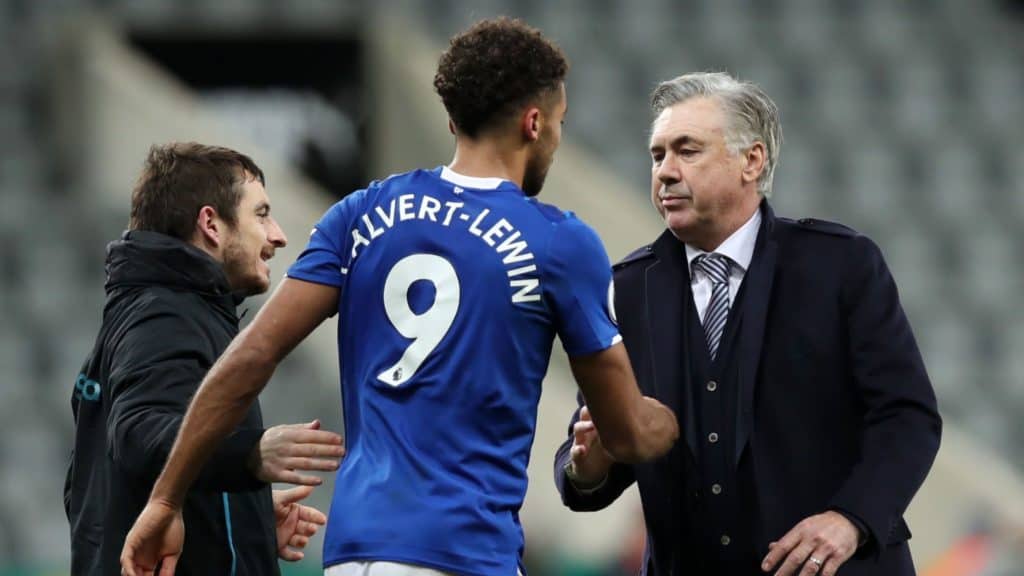
For much of his time at Goodison, Calvert-Lewin has not been seen as the answer to the post-Lukaku question of who should lead the Everton attack. He has been the stop-gap, the temporary stand-in while other options were explored. As the likes of Rooney, Niasse, Sandro and Tosun came and went, their evident short-comings exacerbating the thirst for a genuine goal-scorer, ‘DCL’ remained. He was the fall-back option, a player who could be put in place to fill the role in the meantime, without ever being thought of as a genuine contender.
And in his early days it was easy to see why. Calvert-Lewin was disappointing. Despite playing a significant number of games under a succession of Everton managers, he failed to ever seem like a player who justified inclusion. His return was meagre and his impact on games negligible. Increasingly, his name on the team sheet would raise the ire of the fans, another example of the club’s continued struggles. It spoke of failure, the fact that despite the millions invested, this was the best the club could muster, a blunt centre-forward seemingly better suited to the tiers below.
Yet Everton’s inability to find a genuine replacement for Lukaku ended up providing Calvert-Lewin with an unusual education, one that would not have been available had the club proven more adept in the transfer market. He is one of the few beneficiaries of Everton’s recent failings.
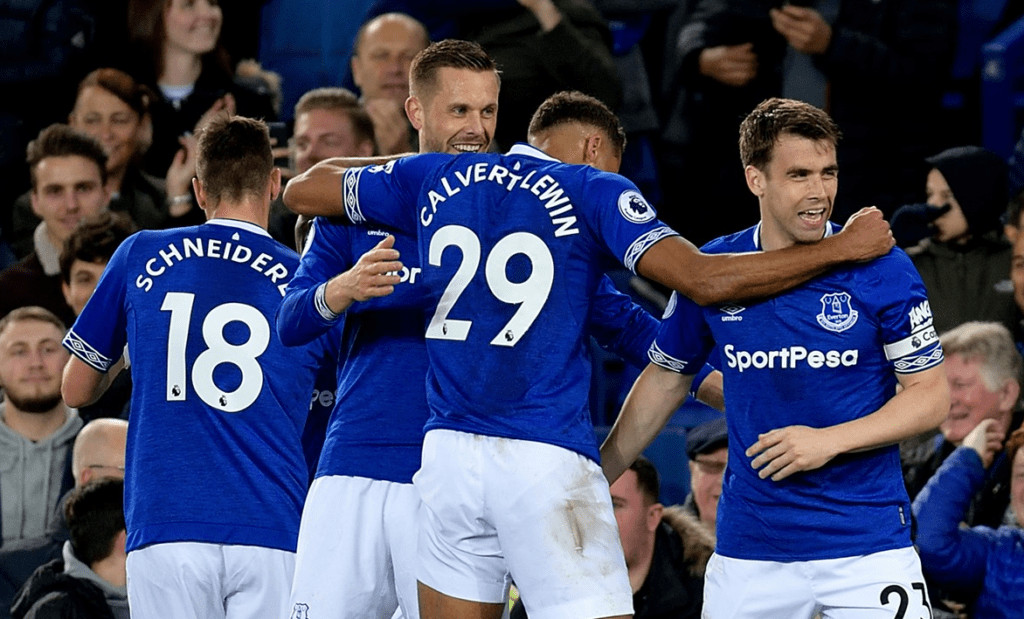
Calvert-Lewin has been given an opportunity denied to so many young players, to play game after game at the highest level without the continual threat of being dropped. His transition to the senior game has been protracted, one more reminiscent of a bygone age; a time before the arrival of the Premier League when young players were often judged over years rather than months and given ample opportunities to prove their mettle.
As a player, he has been allowed to fail, to learn from poor performances and given the opportunity to correct those mistakes in the senior side. In a better equipped team, one that perhaps would’ve replaced Lukaku with a like-for-like, that would never have happened. Instead he would have been restricted to cameos from the bench, stints with the U23s and perhaps periods out on loan.
The two educations are incomparable. Calvert-Lewin has had to learn to cope with the best defenders in the country, adapting his game accordingly. He has been supported in his efforts by a better calibre of player and guided by better quality managers. And he has been exposed to genuine pressure, provided by his teammates and a notoriously fickle crowd.
And by all accounts from those associated with the club he has made the most of this opportunity. Calvert-Lewin is regarded as hard working, dedicated and meticulous in his analysis of his game. This is not somebody who has let this rare gift pass him by.
Towards the end of the 2018/19 season, improvement did, finally, start to become evident. From being a name on the team sheet that people questioned, he slowly began to win the crowd over, putting in performances that suggested there might be more to this player than being a simple ‘stop-gap’. His game and awareness got better and bit-by-bit he started to cut a more dominant figure.
Even when the goals weren’t necessarily coming last season, his work rate was impressive; chasing down every ball, running to the final minute, making himself a constant nuisance to defenders. His bullying of the United centre halves in the demolition at Goodison being a particular highlight.
All that was needed now was a better return. And, of late, that has finally arrived, with DCL adding a cutting edge to his doggedness, goals bolstering that upturn in performances. Unquestionably he has been helped by tactical shifts, the most important of these being the addition of a strike partner. For too long under Silva, Calvert-Lewin cut a lonely figure, forced to carry the attack alone. He was asked to be everything, target-man, poacher, link-up player and succeeded in being none, stretched far too thinly.
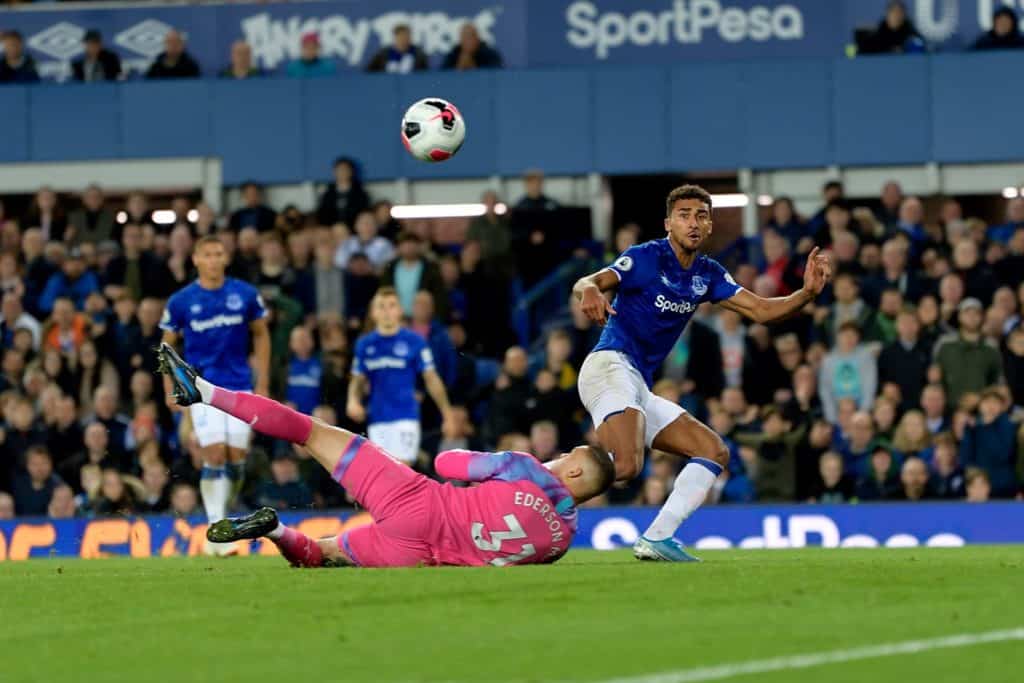
With Richarlison (and sometimes Kean) there to share the burden, he has been released of his onerous responsibilities, allowing him the space to put into practice everything he has spent the last few years learning. Freed from being everything to all, it is no surprise that he is suddenly finding so much more joy in the box.
Form is of course transient. There is every chance that the goals might not come so prolifically during the remainder of the season. But hopefully, the performance levels will stay the same. Right now, he is one of the first names on the team sheet, a player whose reliability appears greatly valued by the new manager.
I’ll admit that for much of the last few years, I would’ve gladly seen Calvert-Lewin relegated to the fringes. Like many Blues, I lacked patience, hoping at all times that the club would finally get around to buying the Lukaku replacement we had long agitated for. And yet, had those prayers been answered, we perhaps might not have the exciting young talent as he is today.
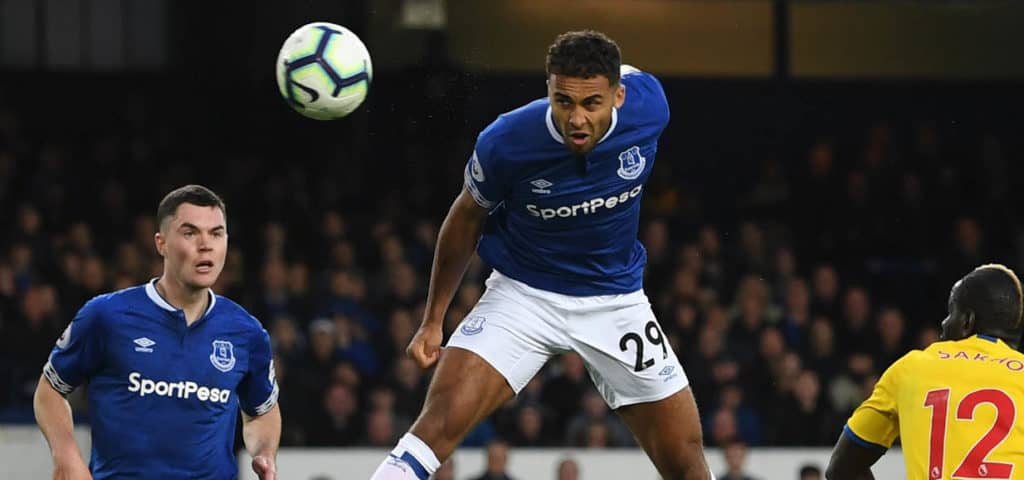
It seems strange to think that for years we have yearned for a new number nine to lead the Everton attack, picturing an array of rumoured alternatives filling that position. And all that time, as our eyes scanned on the horizon in hope, the answer might have been right there under our very noses. A lanky lad from Sheffield, who arrived without fanfare. An unshowy footnote set amidst Everton’s Moshiri-fuelled transfer blitz.
And all it took for him to be more than another young player who didn’t make the grade, another also-ran amongst a litany of similar stories, was a little patience.


